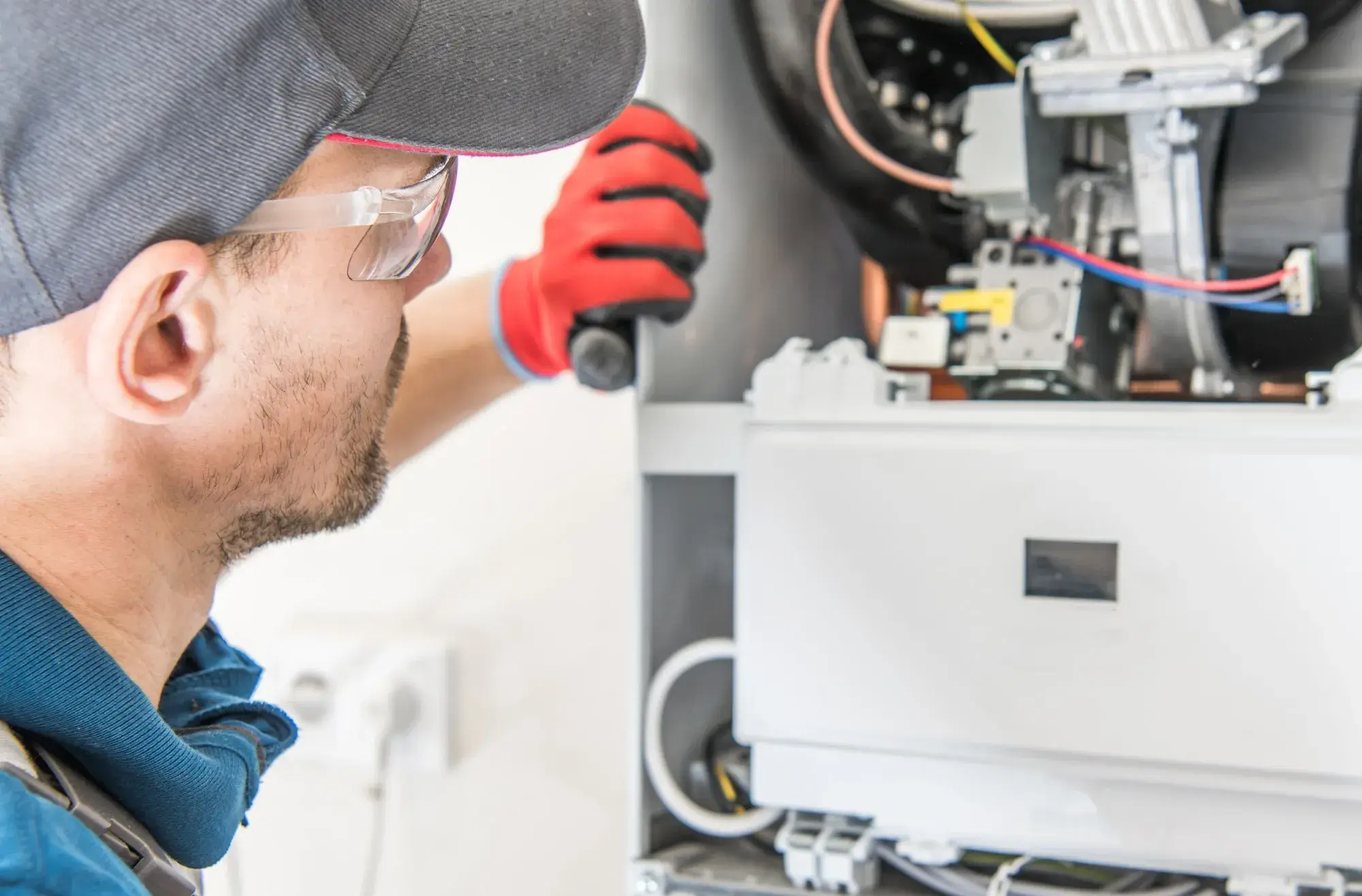A functional furnace can keep your home warm and comfortable during the cold months. When your heating unit has issues, schedule HVAC repair to help prevent a total malfunction. Here are some common causes of furnace breakdowns:
Faulty Thermostat
A faulty thermostat can cause temperature inconsistencies or prevent the furnace from turning on or off correctly. When the thermostat has underlying issues, it causes short cycling, contributing to strain on the furnace and resulting in breakdowns. Older devices use outdated technology or have worn-out components, making them more prone to malfunctioning.
Thermostats rely on electrical connections to communicate with the furnace and control its operation. Loose wiring, faulty relays, or issues with the thermostat’s circuit board can disrupt the electrical signals and cause your furnace to break down. Incorrect programming in your thermostat can also lead to inefficient heating and premature malfunction of your heating unit.
Clogged Vents
Dust, debris, and other obstructions can block vents, restricting airflow. With impeded airflow, your furnace can strain to warm your home, contributing to system breakdown. Clogged vents can prevent proper heat dissipation, causing your furnace to overheat and damage its components.
Clogged vents force the blower motor to work harder to push air through the system to provide comfort in your residence. This increased workload can strain the motor, leading to premature wear and potential breakdowns. During HVAC repair, an experienced technician can check for clogged vents and clean them to solve the issue.
Electrical Issues
Electrical problems affect your furnace’s operation and can contribute to breakdowns. If there is an electrical overload, it can cause a fuse to blow or a circuit breaker to trip, cutting off power to the furnace. Faulty and loose wiring connections can also disrupt the flow of electricity, causing the furnace to stop working.
A malfunctioning control board in the furnace can fail to communicate with other components, causing a complete system shutdown. Electrical issues can cause safety switches within your furnace to fail, resulting in malfunctions. A technician can inspect electrical components and fix them to restore normal functioning in your heating and cooling unit.
Ignition Control Issues
Carbon deposits can accumulate on the burners or pilot assembly, leading to intermittent heating and failure to ignite. A dirty or faulty flame sensor can cause frequent burner shutdowns, preventing the furnace from providing reliable heat. Defective ignition modules can hinder your furnace from maintaining a consistent flame, leading to system damage.
Read Also: XRESOLVER PS4: AVAILABLE ONLINE
A filthy or misaligned igniter, excessive gas buildup before ignition, or issues with the ignition control module can cause delayed ignition challenges. Delayed ignition can produce a loud banging sound and damage your furnace’s heat exchanger. Problems with thermocouples, such as corrosion and dirt, can also prevent your furnace from lighting up, leading to malfunctions.
Get Reliable HVAC Repair
A faulty thermostat, clogged vents, electrical issues, and ignition control issues can cause furnace breakdowns. If your furnace has such problems, hire a qualified technician to check and fix your heating system. Get quality HVAC repair to boost your unit’s performance, safety, and restore efficiency.
